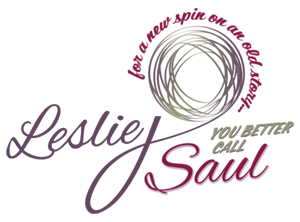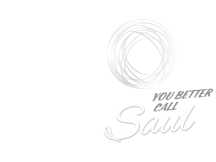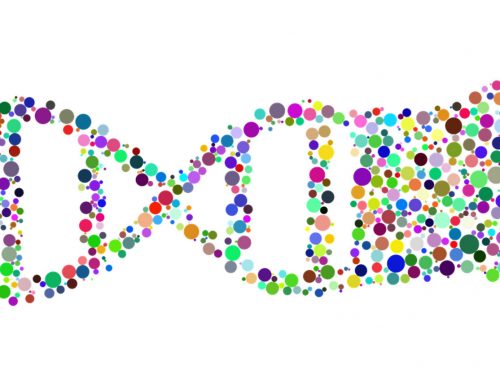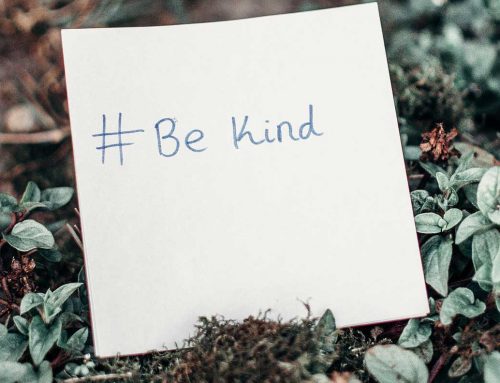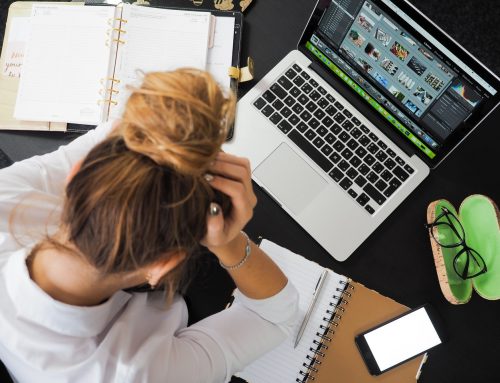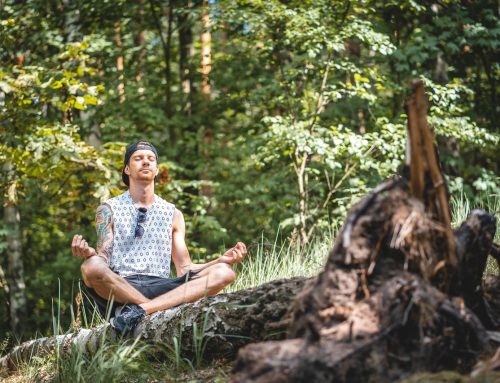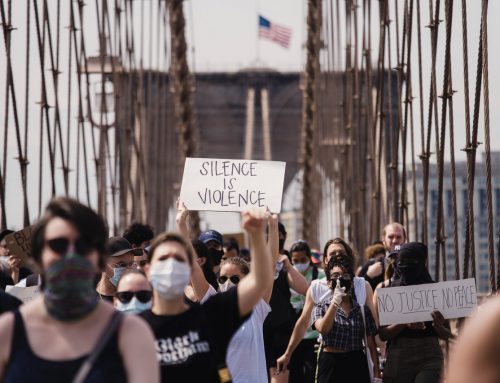COVID-19 is an all-encompassing global phenomenon, forcing us indoors and behind masks. It seems to have touched everything. It has drastically affected our economies and employment rates. It has disrupted schools, colleges, and universities. It has shuttered thousands of businesses and damaged the global food supply. As of June 2020, coronavirus has killed nearly 400,000 people with over 6.5 million confirmed cases. The road to recovery after the pandemic will be a long and complicated one.
There is good news. In some countries, disease rates are finally dropping. And, here in the U.S., some states are bravely reopening in stages. It feels a little bit like stepping back out into the sunlight after hours—or days—in the dark. Quite a bit of the damage we’ve suffered remains practically invisible. Emotionally, and socially, many of us have been fundamentally changed. Here are some developments you may have noticed in the last few months:
- Trouble sleeping or eating “normally”
- Trouble with concentrating/focus
- Worsening health issues, particularly with chronic health struggles
- Increased use of alcohol and/or drugs
- A general rise in anxiety and depressive feelings
Addressing Your Emotional and Social State of Mind

With the world eagerly ready to reopen and move forward, it’s important to remember that a seamless return to “normal” may take time and patience. We all have to adjust to, and learn about, the new normal. What that looks like for you may be different from what that looks like to your neighbor, friend, loved one, or coworker – and that’s okay!
Remember to be patient with yourself and others as you navigate this challenging time. What you are dealing with maybe new, or maybe aggravated by shelter-in-place orders. It can affect your personal life, your work, or both. None of the issues mentioned above are shameful. Everyone reacts differently to stress and trauma, and a very big part of dealing with it is being willing to recognize and acknowledge that you ARE affected. And, that you CAN get better.
Practice Safe Social Skills
We’re suffering from limited public interactions. We’re working from home, ordering groceries, and takeout for delivery. Our social circles have shrunk or disappeared entirely. And believe it or not, even a short break from crowds and friends can require “retraining” to get you feeling comfortable once again.
A major step to work toward is the capability of interacting in normal social situations without fear or worry, but with caution and safeguards to keep you and the people around you safe.
The CDC reminds us to “Be Kind To Your Mind”:
- PAUSE. Breathe. Notice how you feel
- TAKE BREAKS from COVID-19 content
- MAKE TIME to sleep and exercise
- REACH OUT and stay connected
- SEEK HELP if overwhelmed or unsafe
A big thing to remember: It’s OK to not be OK.
More Tips for Safe Social Re-Entry After the Pandemic:
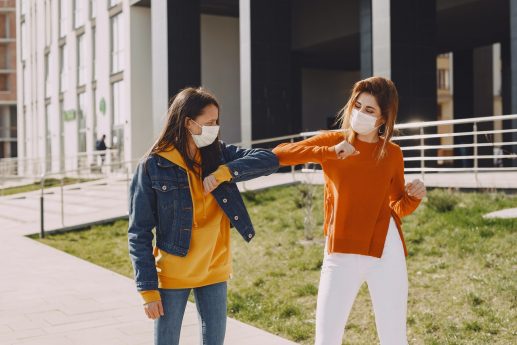
Practice Makes Perfect: Start by chatting with friends and loved ones virtually and on the phone. This is a safe, easy practice—and you can catch up with the people you care about.
Accept Your Nerves: Acknowledge strange or unusual emotions ahead of time. That way, the nerves you feel are expected and not a surprise.
Do What Feels Right: Don’t let the group mentality deter you from practicing safety precautions that make you feel comfortable. Wear your mask, carry your hand sanitizer, and keep your distance–until you feel comfortable doing otherwise.
Introverts Have to Push a Little: The longer you avoid reentry to society, the tougher it will be. A little bravery will go a long way.
Extroverts Need to Be Cautious: Don’t let your excitement about seeing buddies or doing “normal” activities put you in danger. You should still comply with standard safety guidelines put into place by the experts.
Post-Quarantine Growth
Many people will likely struggle with their social routines as shelter-in-place guidelines are relaxed after the pandemic. Others will experience raw, new, strange emotions as they go back to the office and take their children back to school. This is all to be expected; after all, we are unlikely to get through a global crisis without a little residual trauma.
Let’s work together to develop goals specific to your post-quarantine growth, and reset your focus to help you succeed. Send me an email to schedule a brief consultation and talk through your goals. I’m looking forward to getting to know you better!





